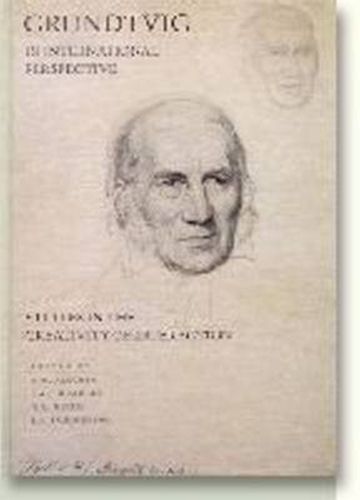Readings Newsletter
Become a Readings Member to make your shopping experience even easier.
Sign in or sign up for free!
You’re not far away from qualifying for FREE standard shipping within Australia
You’ve qualified for FREE standard shipping within Australia
The cart is loading…






People across the English-speaking world are often surprised to hear that 19th-century Denmark produced not one, but two figures of international significance in the field of religious thought and life, Soren Kierkegaard and N.F.S. Grundtvig. Apart from the impact of his educational ideas on some parts of the southern hemisphere, most notably India, Grundtvig’s viewpoint on human nature and human society, on the relationship between national and international community, on the inner dynamic which sustains and drives forward the Christian tradition, remains remarkably little known outside his own country. In recent years, however, this situation has begun to change. Grundtvig’s thought is being more widely studied and discussed in an international perspective. This varied collection of essays, mostly European and North American, illustrates this development. It suggests that in N.F.S. Grundtvig we have a 19th-century thinker with unexpected relevance to the dilemmas of the new century.
$9.00 standard shipping within Australia
FREE standard shipping within Australia for orders over $100.00
Express & International shipping calculated at checkout
People across the English-speaking world are often surprised to hear that 19th-century Denmark produced not one, but two figures of international significance in the field of religious thought and life, Soren Kierkegaard and N.F.S. Grundtvig. Apart from the impact of his educational ideas on some parts of the southern hemisphere, most notably India, Grundtvig’s viewpoint on human nature and human society, on the relationship between national and international community, on the inner dynamic which sustains and drives forward the Christian tradition, remains remarkably little known outside his own country. In recent years, however, this situation has begun to change. Grundtvig’s thought is being more widely studied and discussed in an international perspective. This varied collection of essays, mostly European and North American, illustrates this development. It suggests that in N.F.S. Grundtvig we have a 19th-century thinker with unexpected relevance to the dilemmas of the new century.